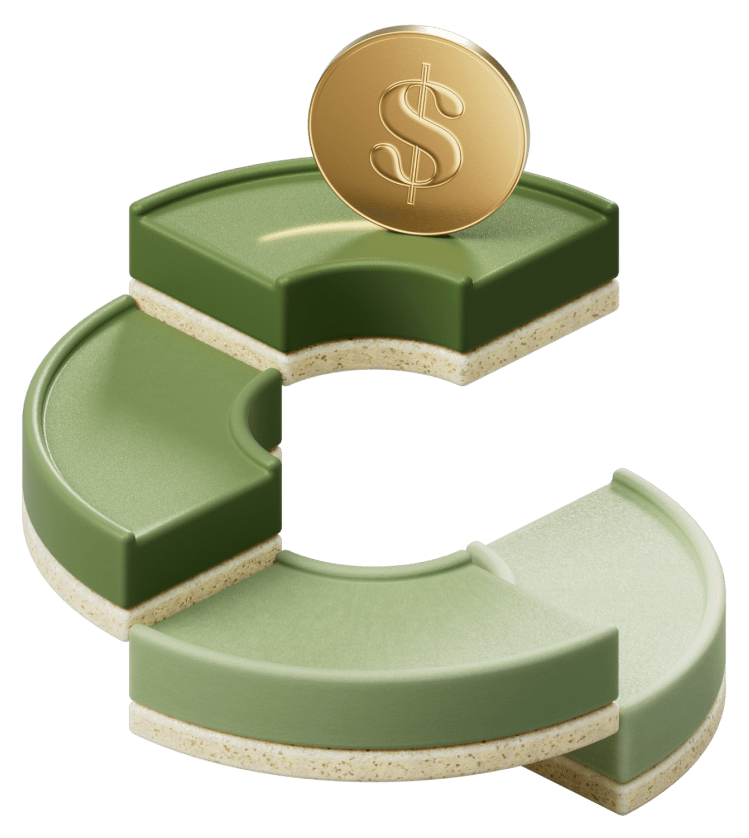Cryptocurrency
Crypto is…complicated, as we’re sure you’re aware. But it might be a useful asset to hold in your portfolio, once you understand how the blockchain works. We’ve gathered all our crypto-related advice in one spot to help you decide whether it’s a good investment for you.

Learn more about cryptocurrency
More to learn about
Ready for the future of finance?
Trade, stake, and earn on Canada’s regulated crypto platform.






